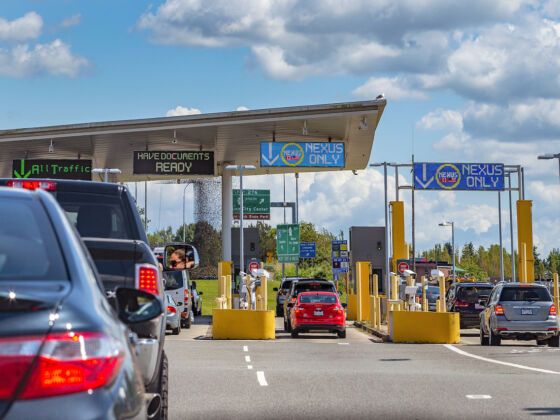This article was originally published on EthicalTraveler.org
TOURISM IS A HUGE INDUSTRY in the United States of America, and international arrivals are at an all-time high. In April 2016 alone, international visitors to the USA spent $21 billion on travel and tourism-related activities. Despite the current boom in international tourism, many professionals in the travel industry think that the trend could be reversed under a Trump presidency. Though the potential Trump administration has yet to indicate a particular agenda with regard to international tourism, Trump’s proposed policies on immigration and his well-publicized comments on Mexicans and Muslims in particular lead many to believe that international tourist arrivals to the USA would decrease substantially under a Trump administration.
